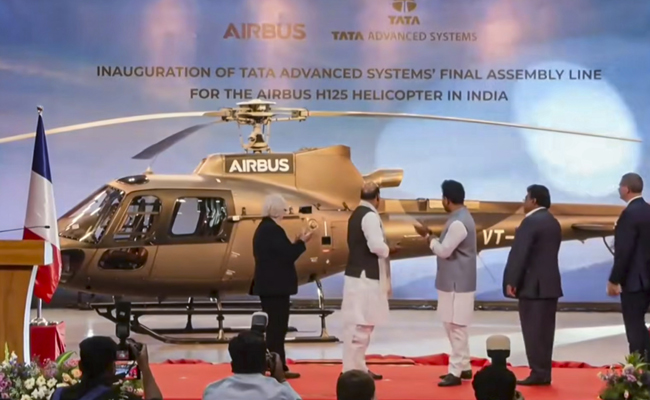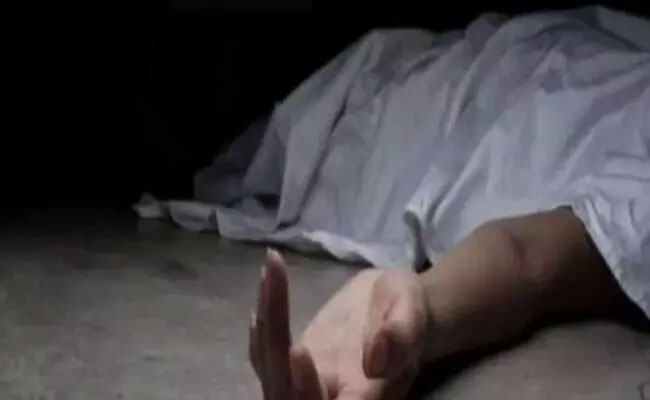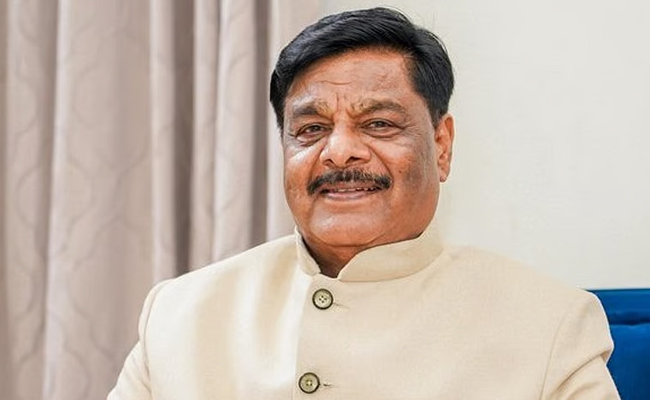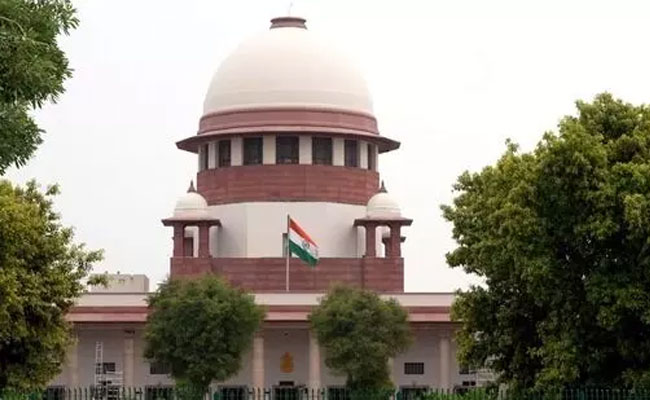Bengaluru: A new technique, forensic psychological autopsy (FPA), used for the investigation of a suicide case, is being introduced in Karnataka to understand the mental state of a deceased person prior to his/her death.
Mumbai police had used this technique during the investigation of actor Sushant Singh Rajput’s suicide case, and a Central Bureau of Investigation (CBI) team employed FPA in the 2018 Burari deaths in Delhi, reports Deccan Herald.
Karnataka High Court has formed a Special Investigation Team (SIT) to probe a case of abetment to suicide involving a Criminal Investigation Department (CID) officer and the assistance of officials from the National Institute of Mental Health and Neuro Sciences (NIMHANS) has been sought to perform the FPA.
A 33-year-old entrepreneur in Bengaluru, Jeeva S, allegedly committed suicide at home in Padmanabhanagar on November 22, 2024. She had left an 11-page death note, accusing a Deputy Superintendent of Police, BM Kanaka Lakshmi, of ‘harassing and torturing’ her, as Jeeva had been summoned for questioning in a case related to irregularities at the Bhovi Corporation.
An officer in the investigation team said that the FPA would help them understand if the style and process of investigation had led Jeeva to take the extreme step. The team members had spoken to Jeeva’s friends, reviewed interrogation videos, analyzed her suicide note, examined call details and the CCTV camera footage showing Jeeva entering and leaving the interrogation location.
An examination of the video on the interrogation helped the team assess Jeeva’s facial expressions, intonations and responses. There was also a study of the suicide victim’s dress, hair style and physical state on each round of police interrogation, the officer said. A comparison of these records and observations was made, with the team finding that Jeeva expressed stress and lesser interest in herself.
A review of Jeeva’s reactions to the questions of the investigating officer was also conducted to check for any signs of fear or weariness.
The police officers are learned to have spoken to Jeeva’s friends regarding her social behavior and change in interactions after she started attending the interrogations. Further, her phone calls were inspected, with the team finding the analysis to be indicative in nature. The officer has said that Jeeva’s initial firmness and defiance towards interrogation along and call of interrogators gradually turned into a response that indicated fear.
The outcome of the study has been added to the chargesheet, which will be submitted in a few days, said the officer, adding that the police have also been granted sanction for prosecution in the case.
The officer, however, stated that, while the outcome would serve as circumstantial evidence to support police investigation, the results are not conclusive.
Let the Truth be known. If you read VB and like VB, please be a VB Supporter and Help us deliver the Truth to one and all.
Kolar (Karnataka) (PTI): Defence Minister Rajnath Singh on Tuesday said the investment into H-125 helicopter programme is "anticipated" to cross Rs 1000 crore, and create a number of jobs, and called it a "shining example" of mutually beneficial partnership with friendly countries in high-end manufacturing sector.
He was speaking at the inaugural ceremony of the final assembly line of H-125 helicopters here.
Prime Minister Narendra Modi and French President Emmanuel Macron virtually inaugurated the Airbus H125 light utility helicopter Final Assembly Line at Tata‑Airbus' facility at Vemagal Industrial Area in this district from Mumbai.
Singh, accompanied by his French counterpart Catherine Vautrin, congratulated Tata Advanced System and Airbus Helicopters on the inauguration of the project and recalled their earlier association as well.
"This project is a shining example of mutually beneficial partnership with friendly countries in high-end manufacturing sector," Singh said.
"The H-125 program investment is anticipated to exceed Rs 1000 crore and is likely to create direct and indirect employment opportunities for our skilled and hard working younger generation," he said.
Renowned for its exceptional reliability, versatility, and outstanding performance under diverse operating conditions, the H-125 has proven to be one of the most effective and trusted single-engine helicopters globally, he said.
He recalled that Tata Advanced Systems and Airbus had earlier joined hands for a project in Gujarat's Vadodara for the C-295 aircraft, which he described as a symbol of how Tata in particular and India in general can collaborate with international OEMs to contribute to the vision of a stronger India.
The Defence minister said "Make in India" and self-reliance have been the cornerstone of India's economic policy since 2014.
Singh recalled that this policy initiative was launched by PM Modi, under which India is committed to achieving self-reliance in critical technology and the manufacturing of high-end products and equipment through mutually beneficial partnerships.
"For more than a decade, India has been charting industrial development through large-scale infrastructure building, capital infusion in important sectors through a number of incentive schemes on the one hand, and providing a level playing field for facilitating investment on the other," he said.
He added that it has also been the government's focus to support small and medium industries and strengthen the startup ecosystem in particular. Overall, the focus has been on holistic industrial development, which not only caters to domestic demand but also addresses the needs of other countries.
Highlighting reforms in the defence sector, Singh said these measures have augmented the contribution of the private sector in the defence industrial ecosystem.
According to him, historically, Indian defence production was largely public sector-oriented due to requirements of high capital investment and long gestation periods, resulting in the private sector's contribution being far less than desired.
However, with reforms such as the corporatisation of ordnance factories, establishment of defence industrial corridors, and other initiatives to raise the private sector's share in total defence production, it now stands at almost a quarter of the country's total defence production.
Defence exports have also increased manifold, placing India among the top exporters in the world, he said.
Singh said the growth trajectory has given a massive boost to MSMEs and ancillary sectors, which have grown to more than 16,000 in number, with many foreign companies sourcing components from Indian MSMEs.
He invited companies to deepen the partnership through meaningful technology transfer and offer platforms to meet the security needs of other countries as well.
Union Civil Aviation Minister K Rammohan Naidu, who also attended the event said the H125 final assembly line set up by Tata and Airbus marks a defining moment for India's aerospace sector, calling it "a proud symbol of rising confidence in India's high-precision aerospace capabilities."
He described defence and civil aviation as "two strategic pillars of the Indo-French partnership" and said the new facility would reinforce "a single integrated aerospace ecosystem" by assembling both civil and defence variants.
Noting that India has risen from the 10th to the third largest civil aviation market in just 11 years, Naidu asserted that the country now has "the market, the export potential, the policy ecosystem, the skilled workforce and the strategic global partnerships to emerge as a rotary-wing manufacturing hub".
"The future of rotary aviation in South Asia will be designed, manufactured, certified, maintained and exported from India," he said, adding that the country is "not just flying high, but flying past all horizons" under the Make in India and Viksit Bharat 2047 visions.
Tata Advanced Systems CEO and MD Sukaran Singh said in this facility here, "we will start building helicopters without any government or defense orders."
"However, we will be ready to supply the defense forces as and when they want. The first helicopter will fly out this facility by mid 2027."





